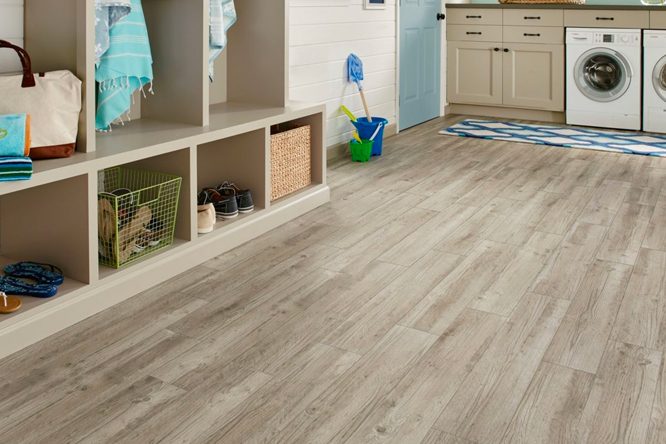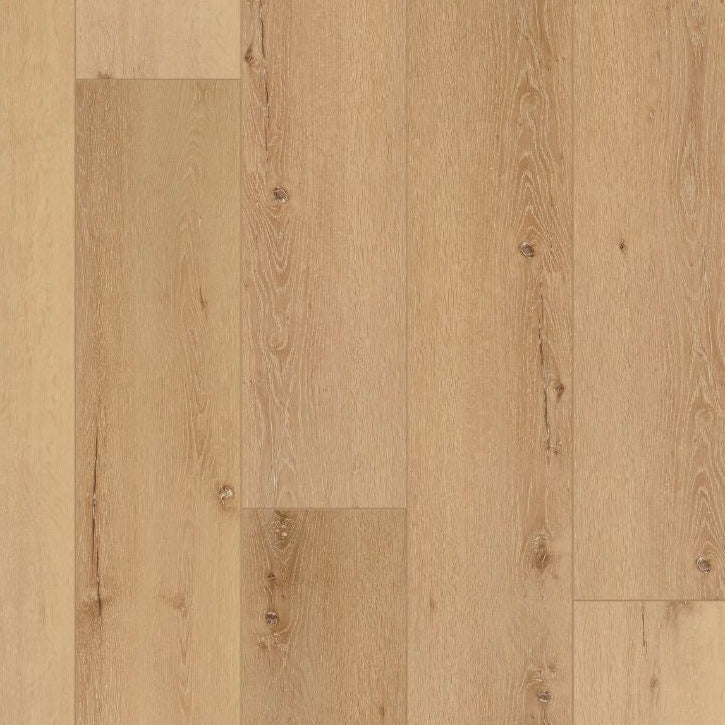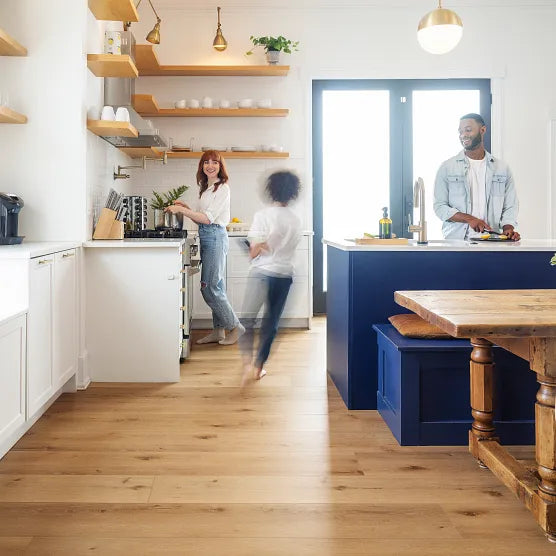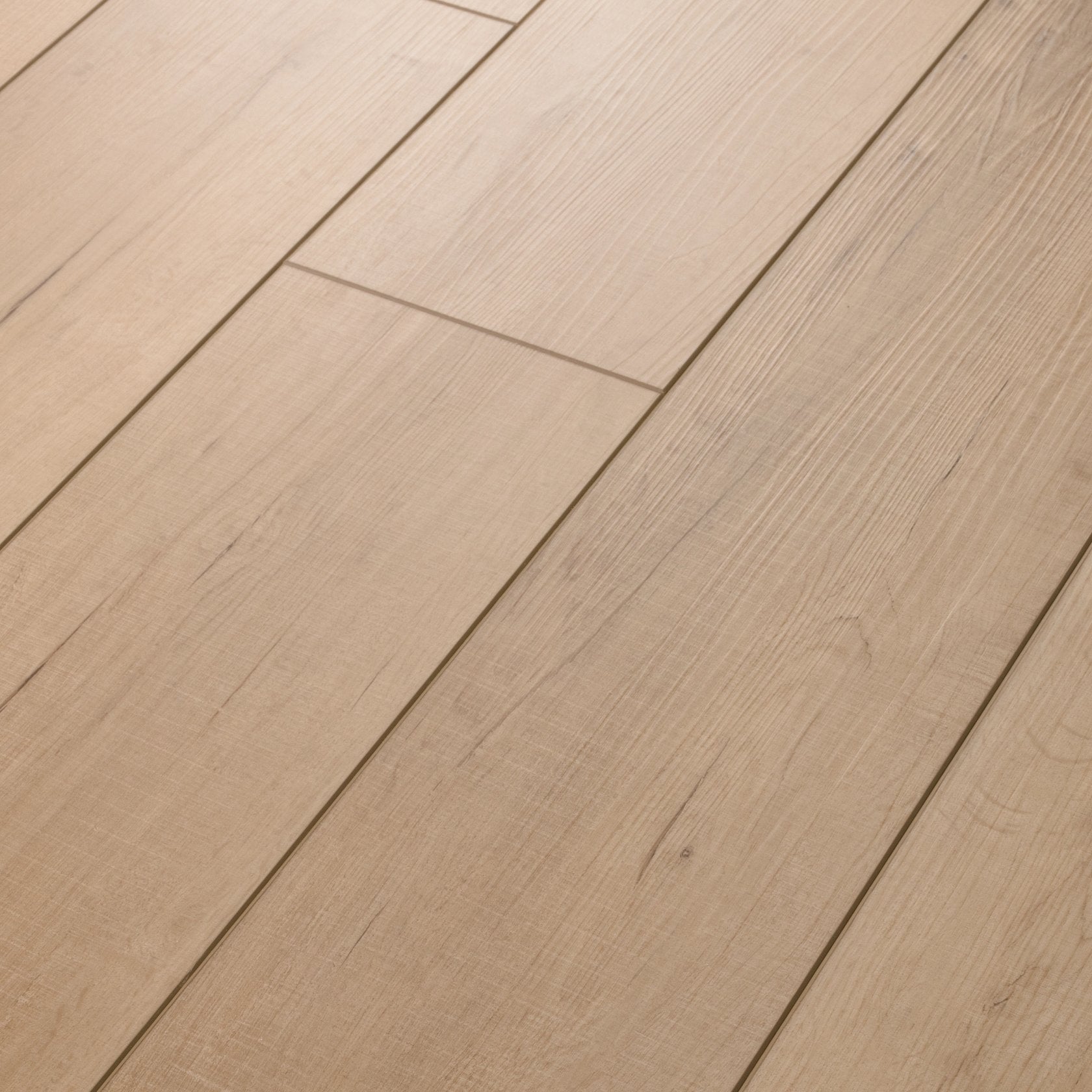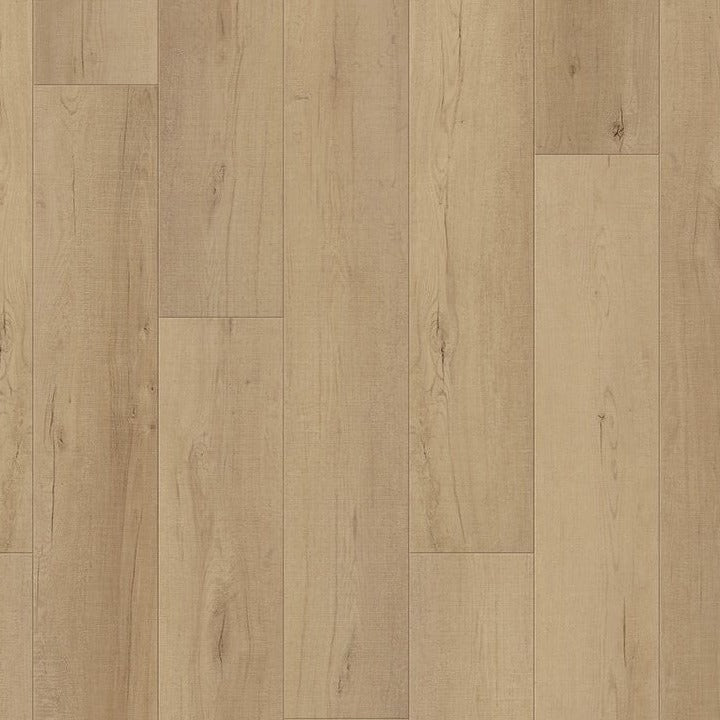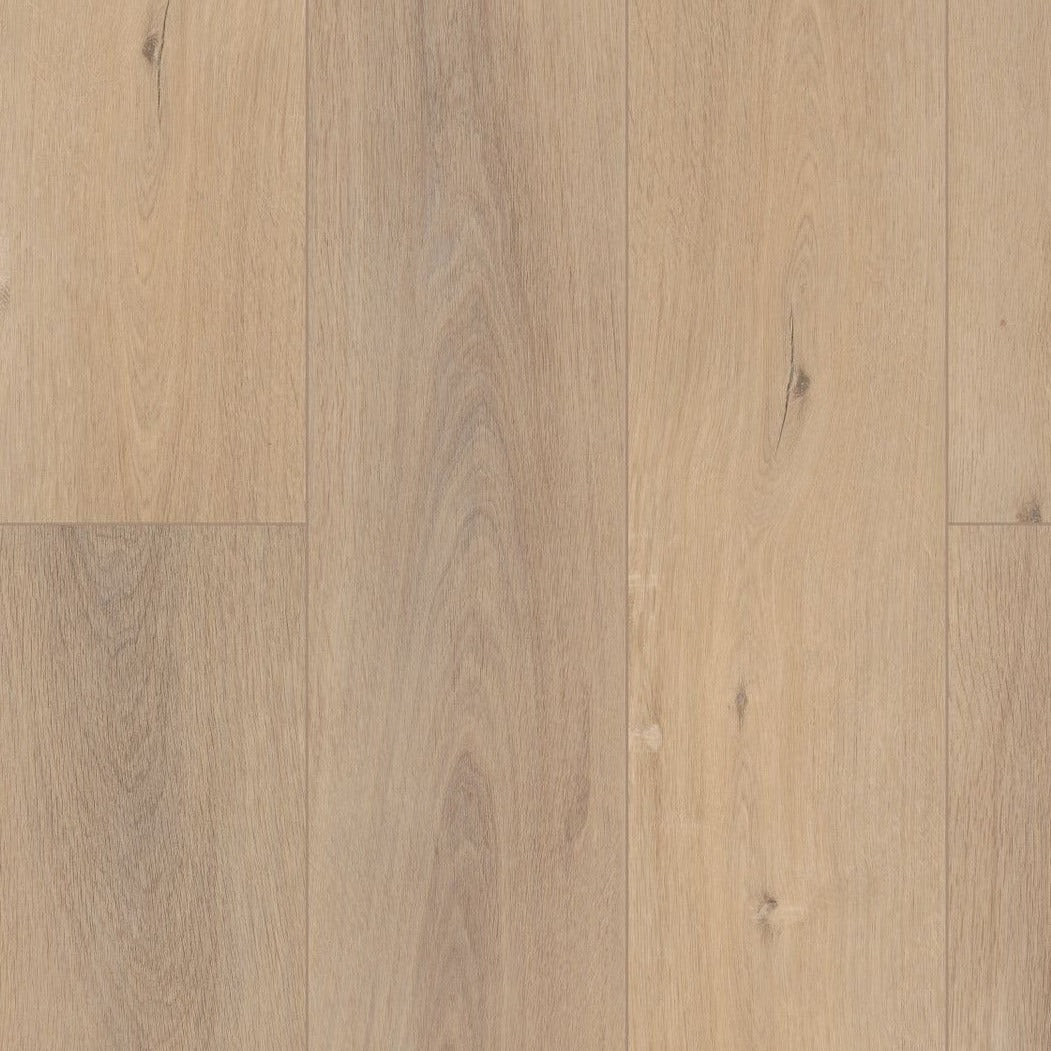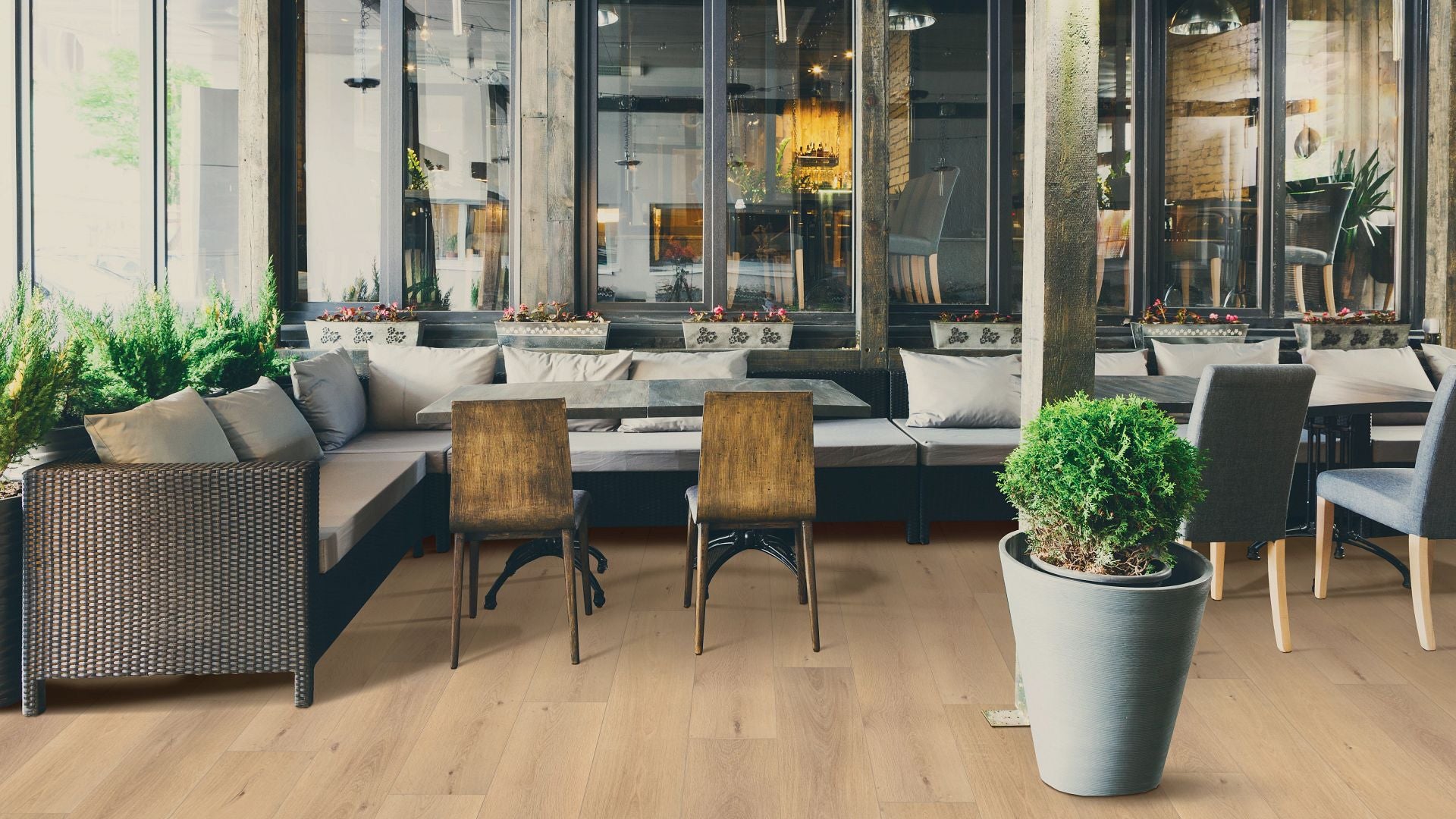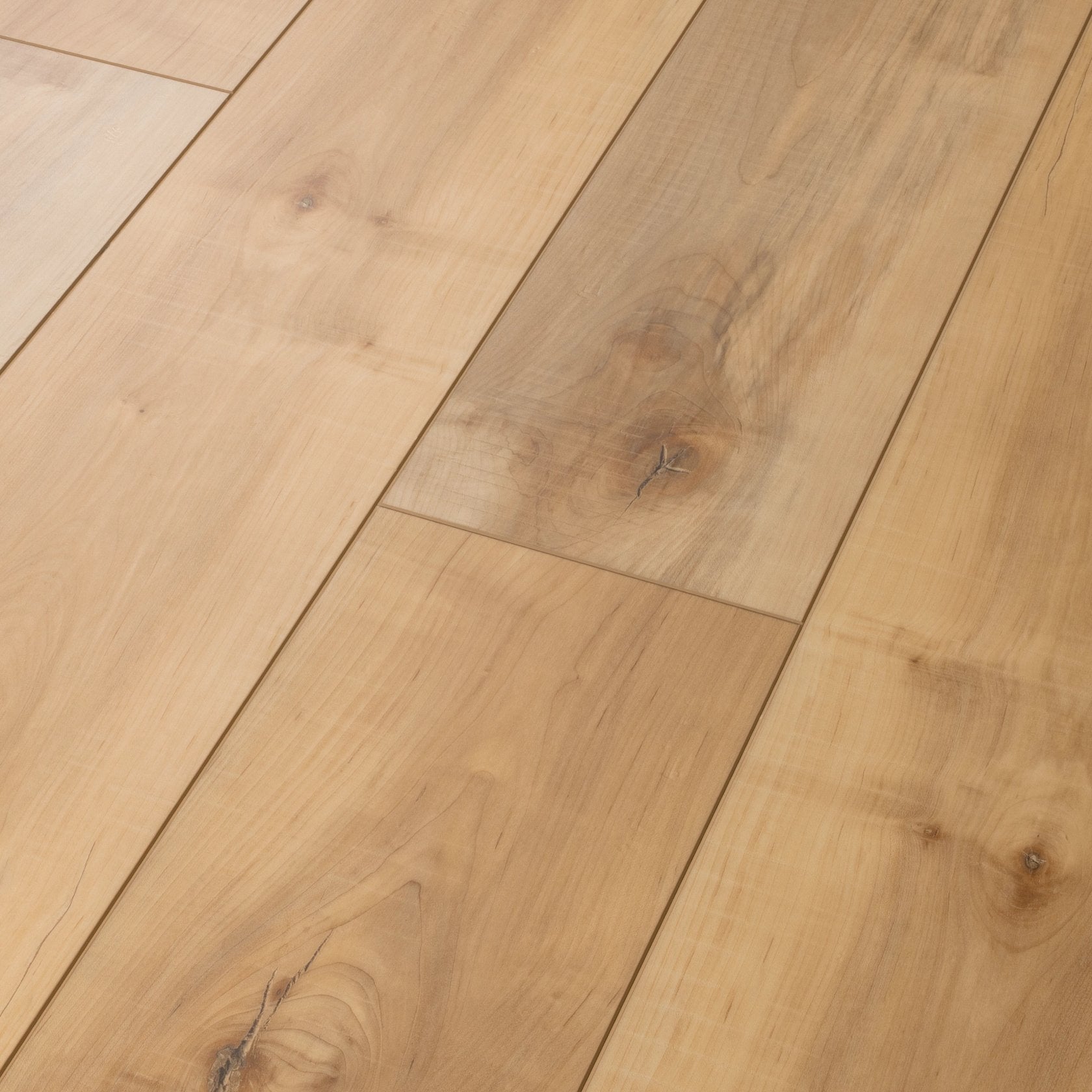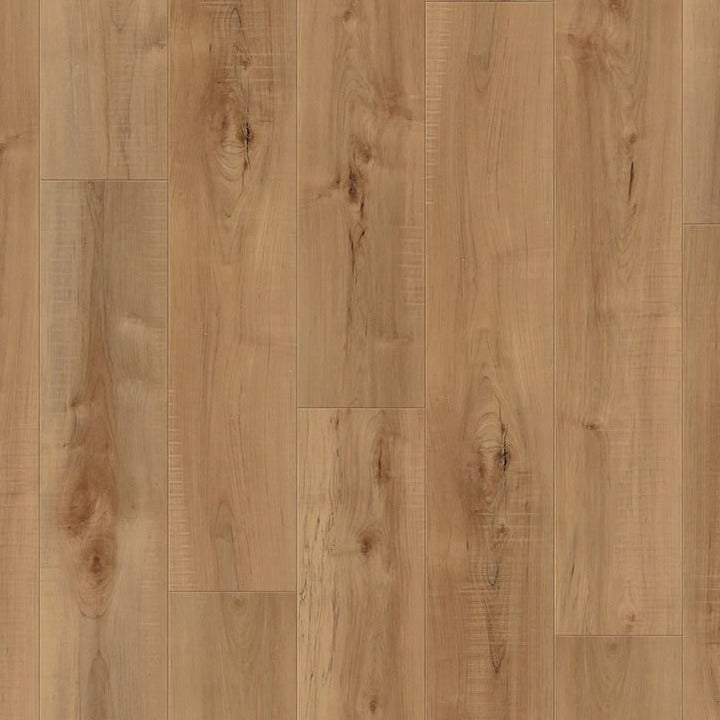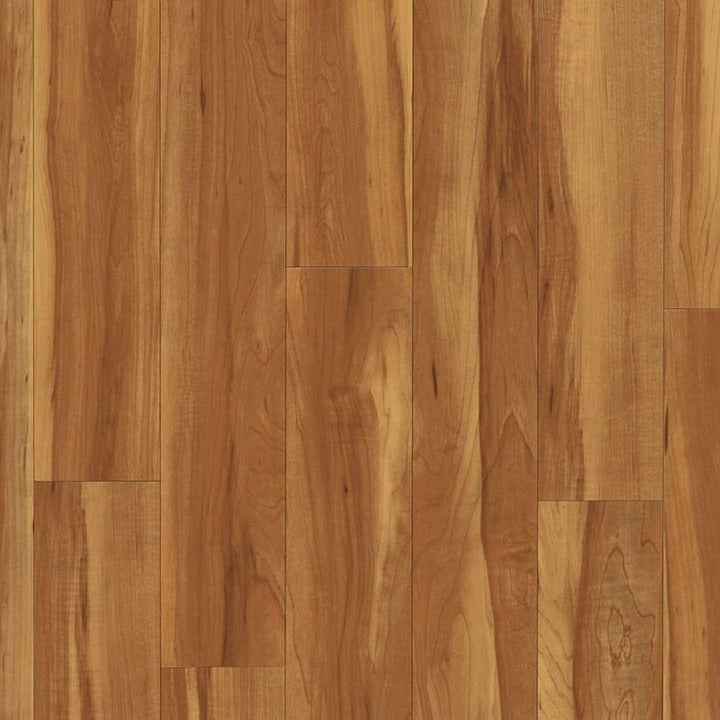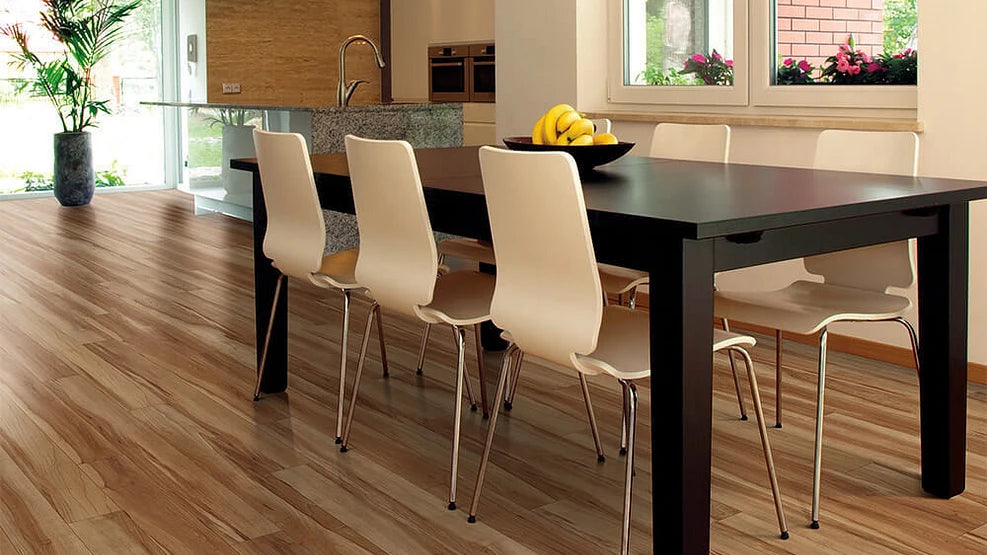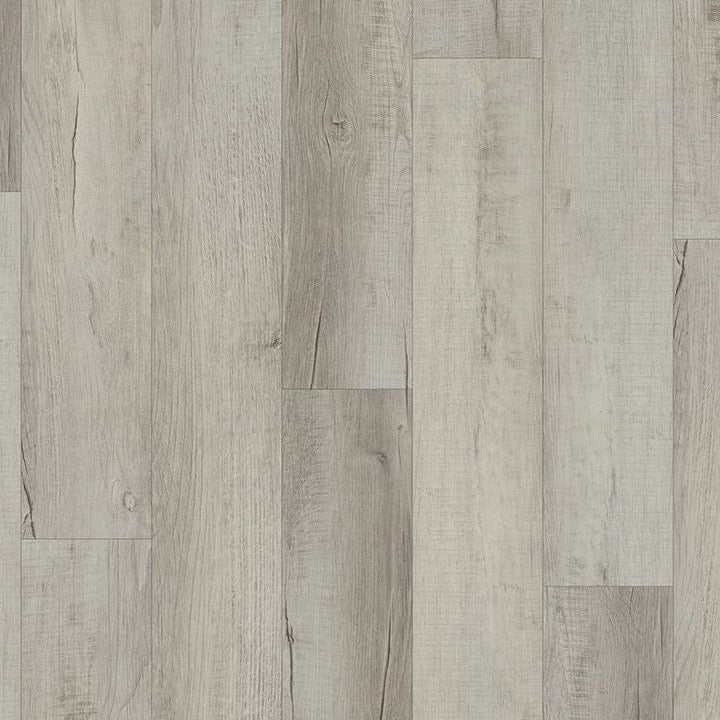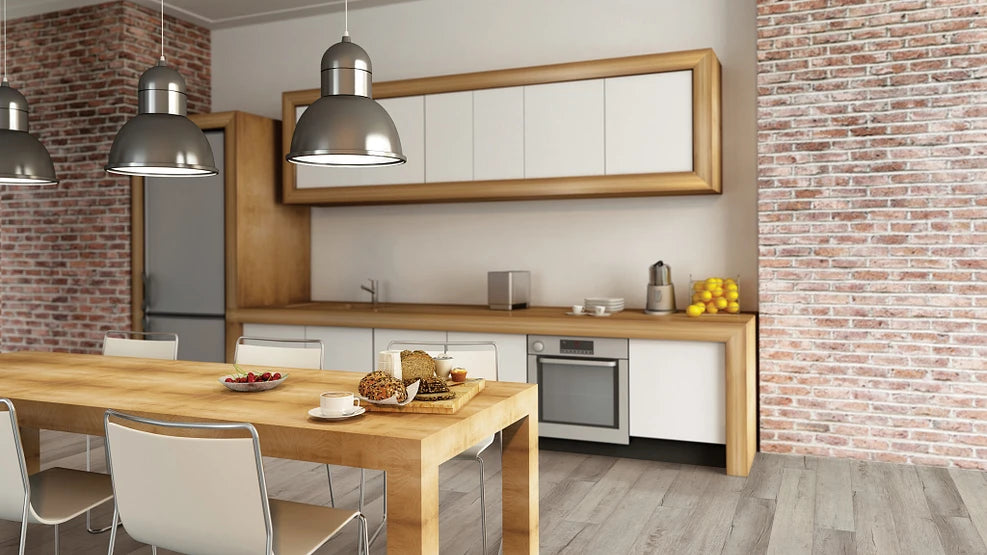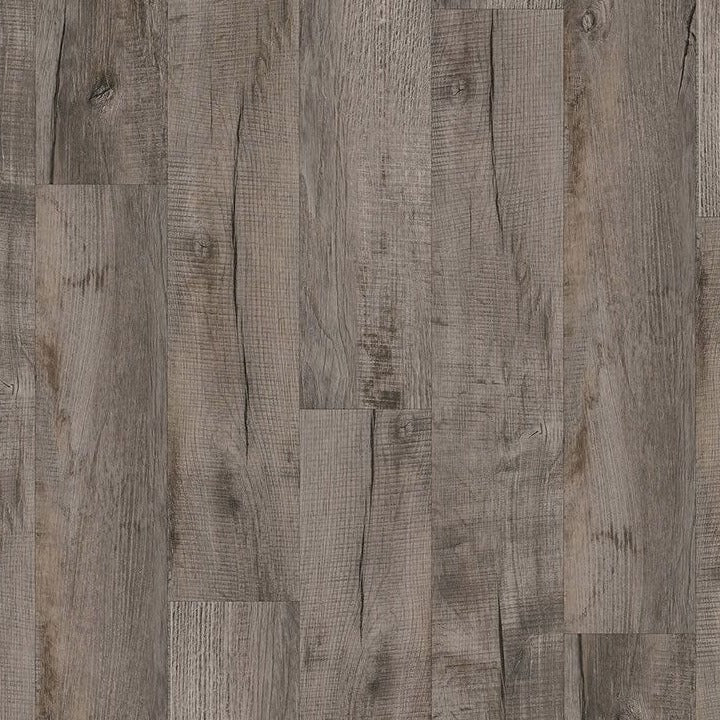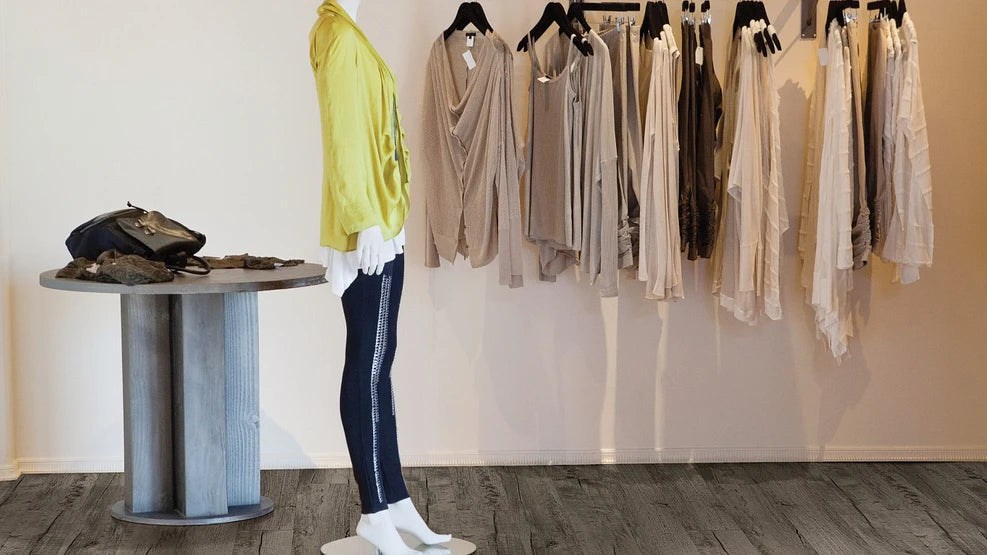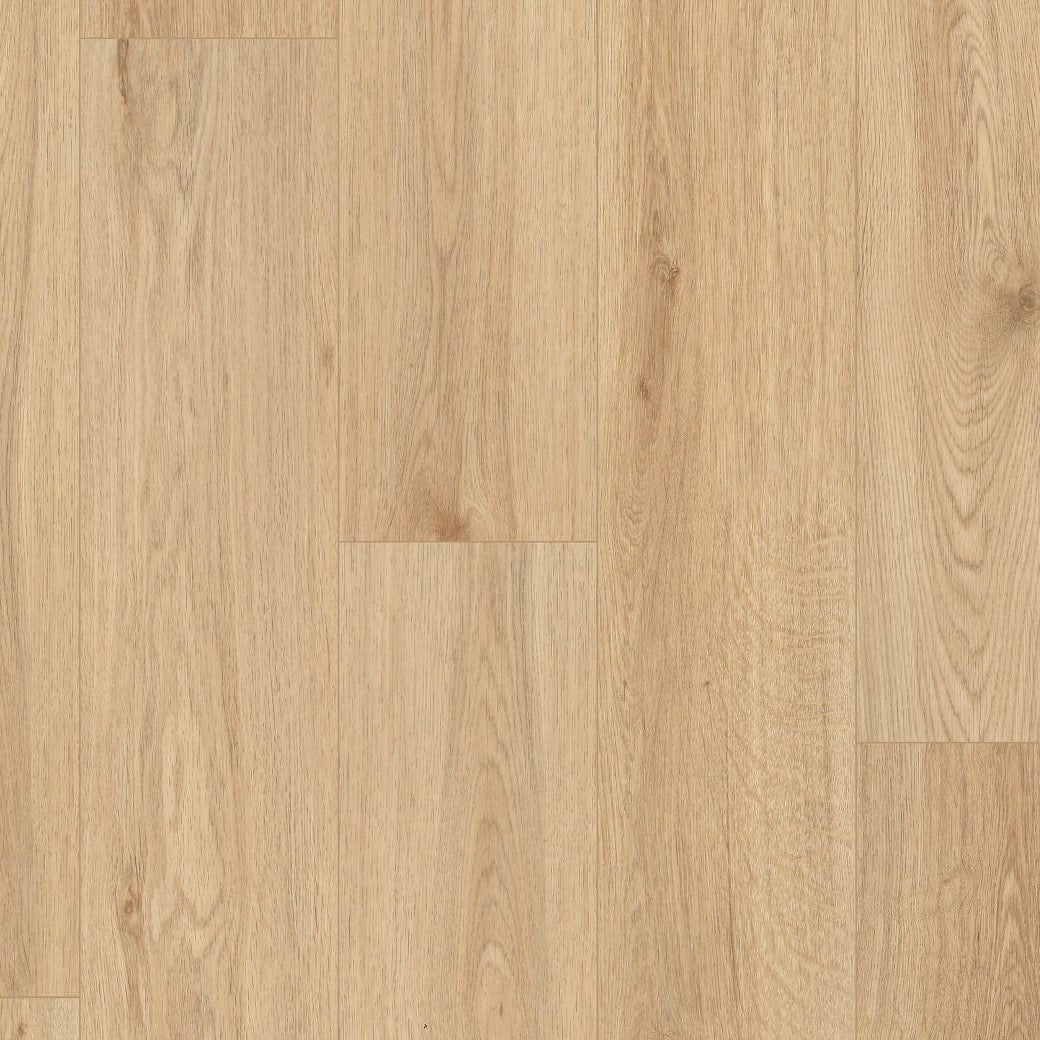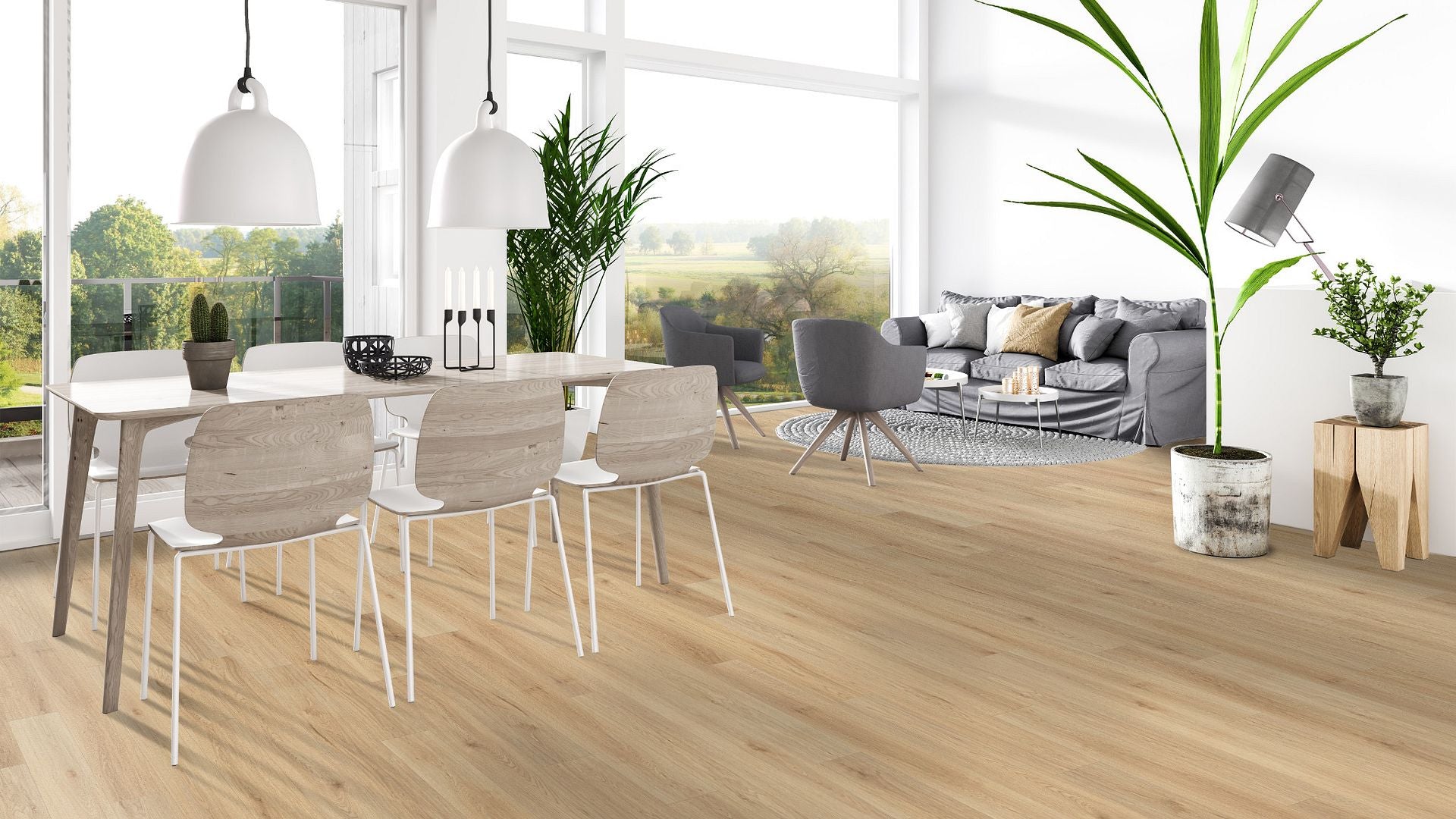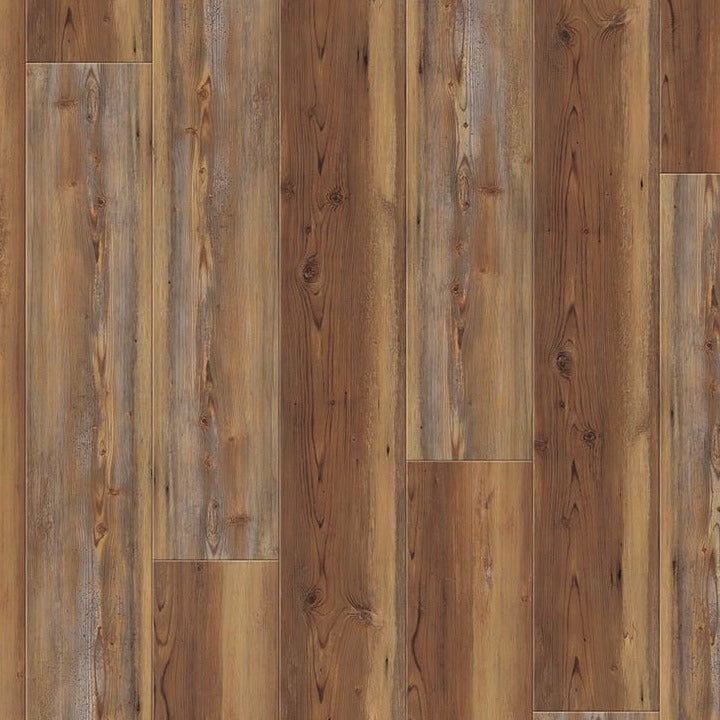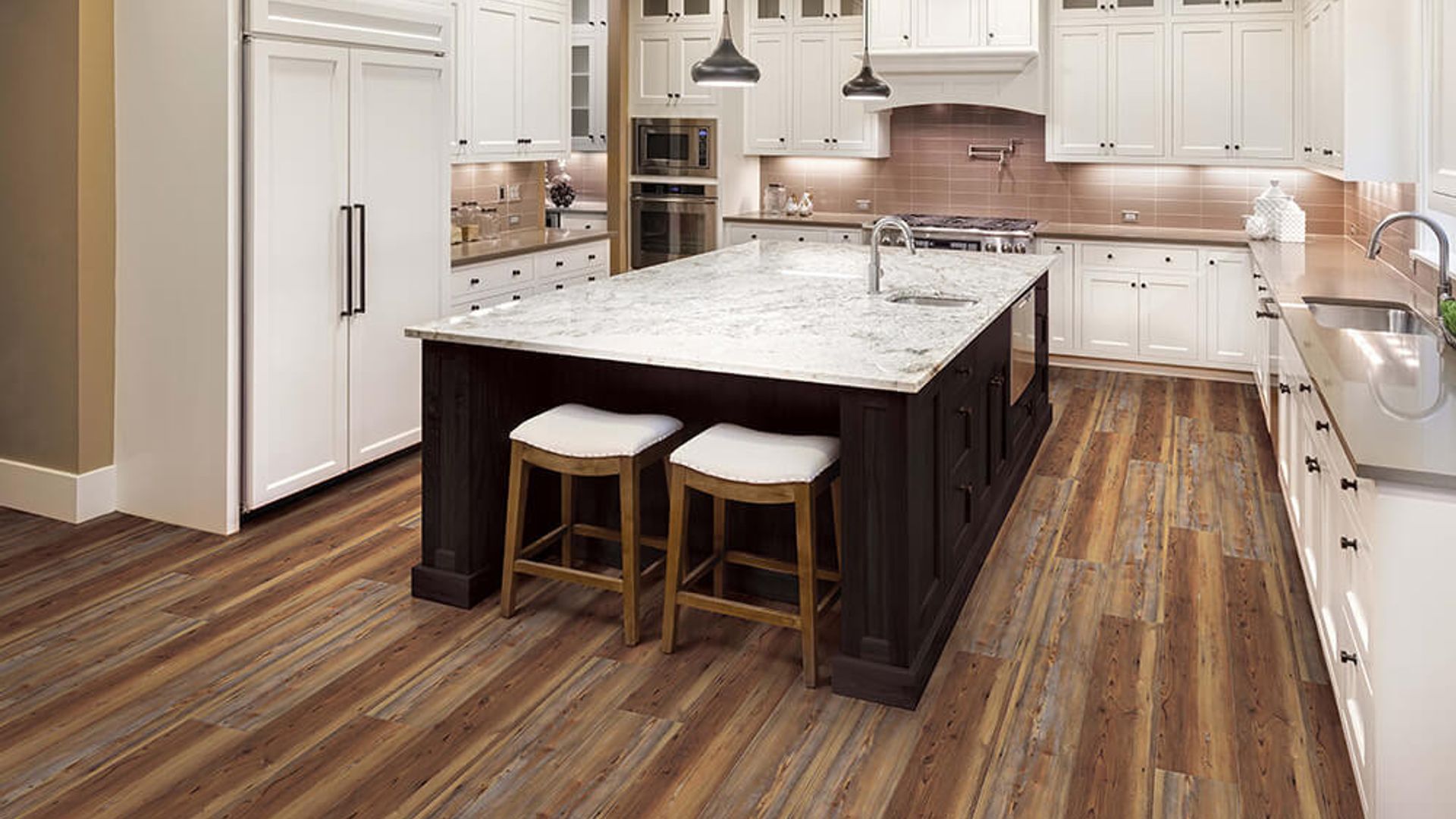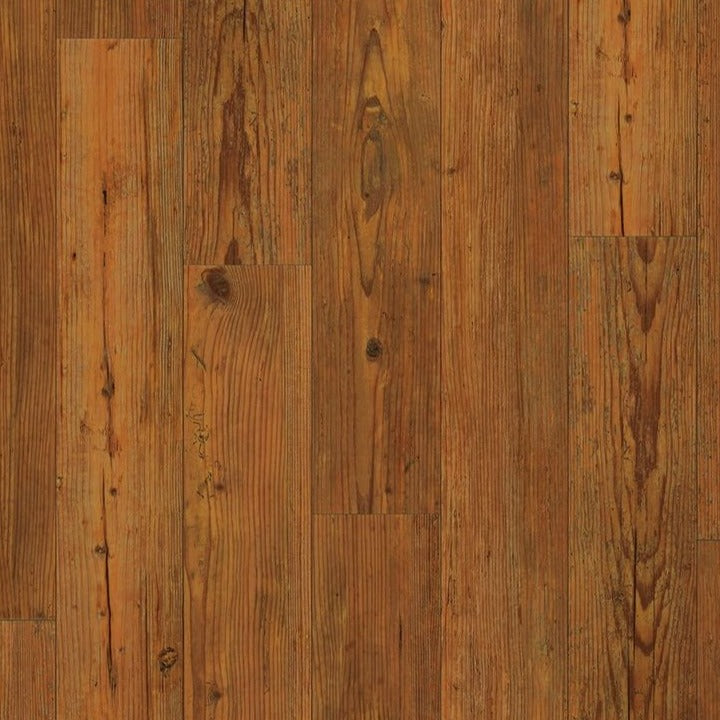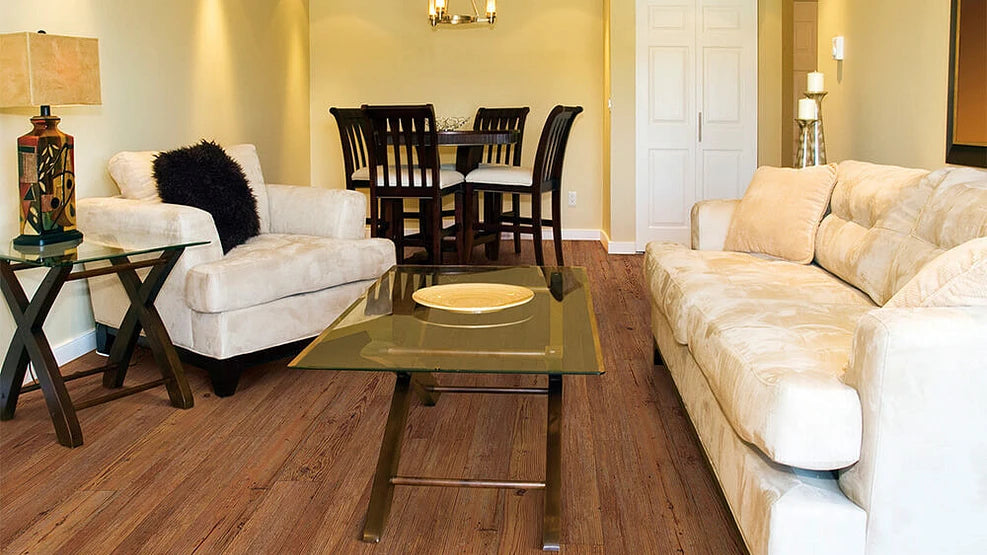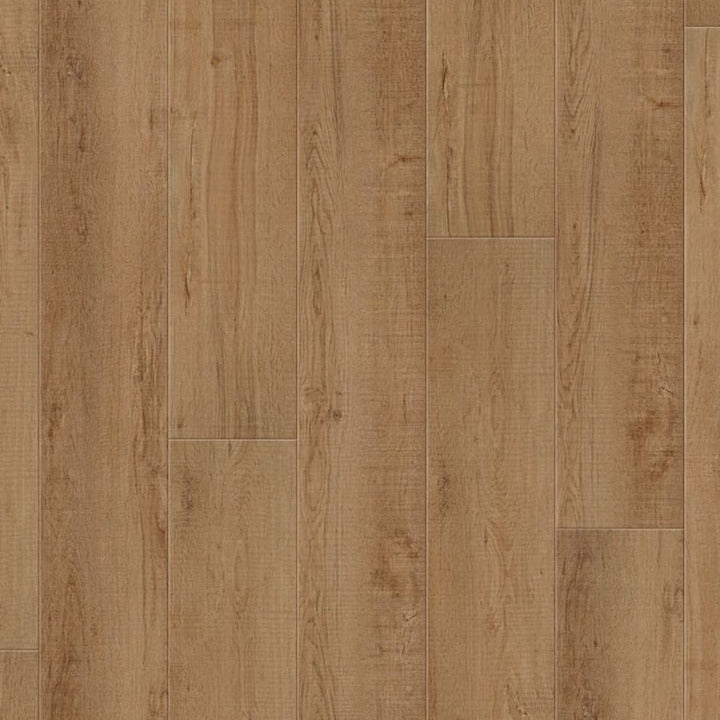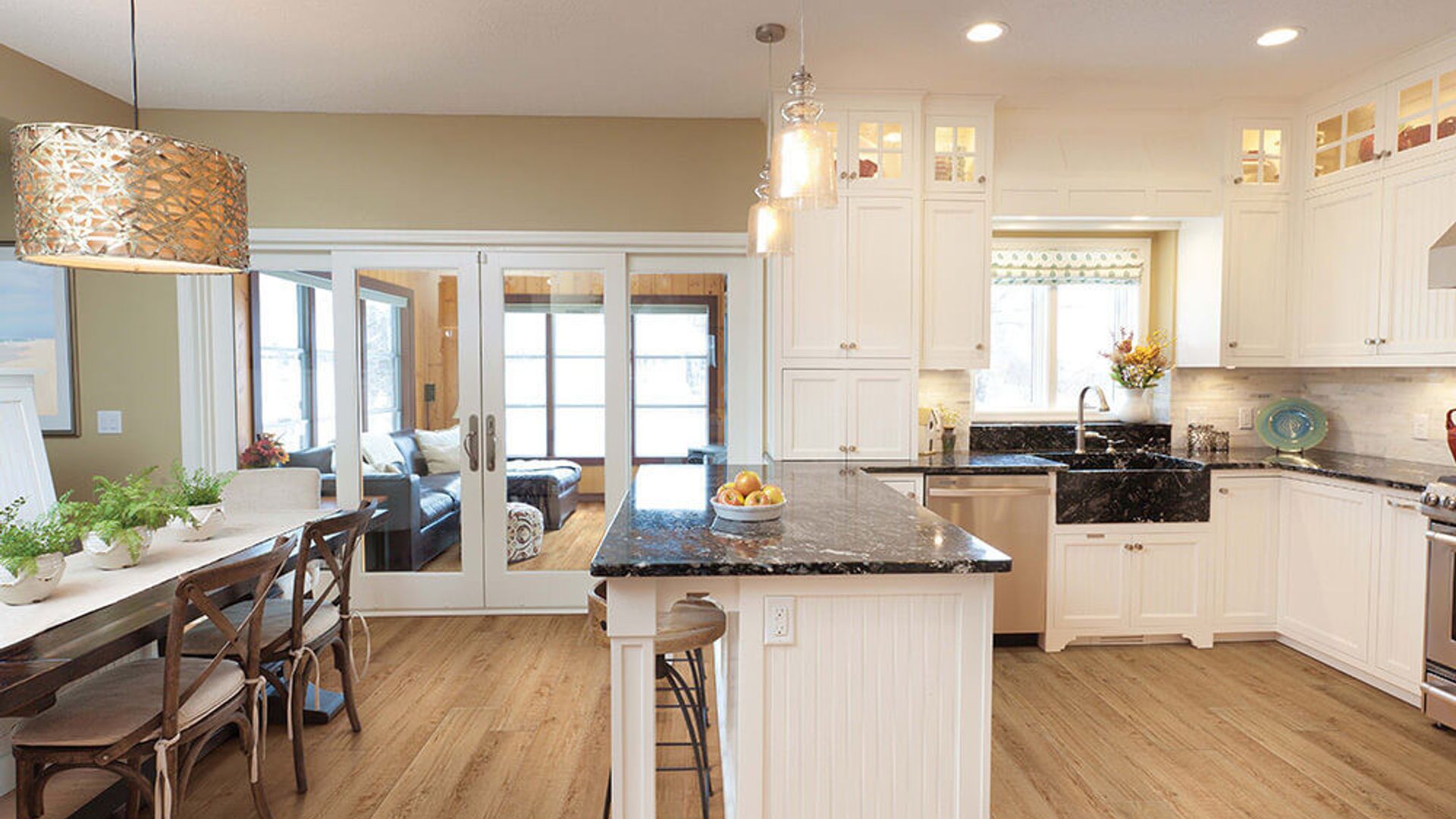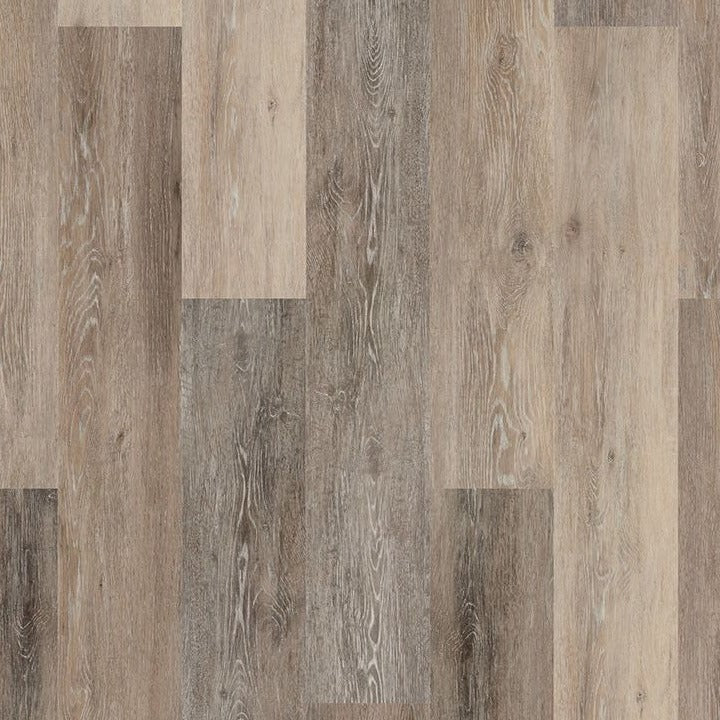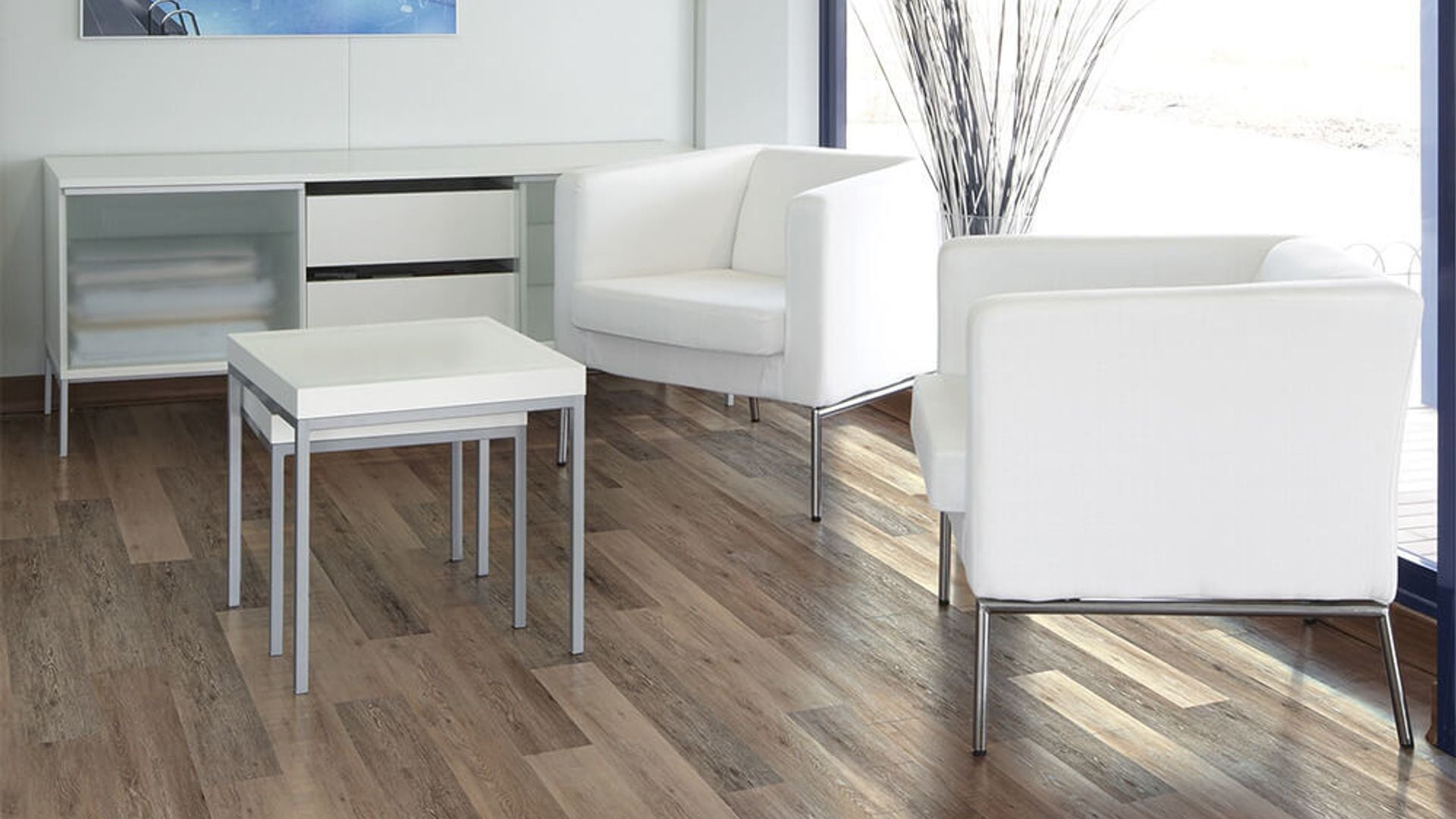Why is it so hard to find a good material for your basement floor?
This is because you are covering the area of your home that is most likely to get flooded. If floods aren’t common where you live, then moisture will still be a problem for your basement floor. Another thing that makes it so difficult to cover basement flooring is that it is usually made of concrete, meaning it will keep getting damp no matter what you do. It also means nailing anything to your concrete basement floor is nearly impossible.
Vinyl Basement Flooring
So, what should you do? Just give up? Let your basement flooring remain as dingy and concrete-covered as it is?
No! Today, you can find plenty of basement flooring options in the market. One of the best flooring for basements is vinyl flooring. Vinyl tile or vinyl plank flooring is mostly composed of plastic, making vinyl floors more water-resistant than other basement flooring materials, like ceramic tile or laminate flooring.
Floor City offers vinyl flooring in three different types:
Vinyl floors may not always be waterproof, but it remains a top choice for basement flooring. If you prefer true waterproof vinyl floors for your basement, consider Armstrong Pryzm. Your vinyl floor will be able to bear the regular moisture and seepage that will inevitably occur with having a concrete floor in your basement. As long as there is no flooding or more than the average amount of moisture on your basement, like spills or messes, you are good to go.
To get the most out of your vinyl floor, don’t cover the concrete with plywood or other material then add vinyl at the top. If you do so, you undermine the vinyl’s capacity to remain water-resistant.
Basement Flooring Installation Tips
Installing luxury vinyl floors is considered beginner-friendly. The following tips may be handy:
- Ensure that the surface is clean and smooth before installing your vinyl tiles or planks. Your basement should be flat and smooth for optimal results.
- Pay attention when you are doing the seams. This will require that you double-cut them when laying your vinyl floor. If you want the seam to be invisible, ensure all pieces of the vinyl overlap at the seam. Afterward, cut through both layers for an amazingly smooth floor.
- Flooring materials will expand and contract depending on the weather. If you don’t leave any room to make up for that, cracks might appear. Always leave expansion gaps along the edges, especially when doing a floating floor system.
- Lastly, look out for the area where the casing of the door meets the floor. Remove just a slim piece of the casing away and tuck the flooring under the trim. You can use a saw to do that. Avoid installing the flooring under the cabinets so the vinyl has more room to breathe.
If you are a beginner at DIYing basement floors and want a smooth installation, consider hiring a professional to install your preferred flooring.
Shop Flooring at Floor City
We offer various types of flooring for basements, kitchens, bathrooms, and most commercial spaces. Aside from vinyl, we also have engineered hardwood flooring, laminate flooring, ceramic tile flooring, carpet tiles, wall base, and various flooring accessories. If you have any questions or need expert flooring advice, please contact us through our 24-hour live chat or call us at (888) 868-5002.


